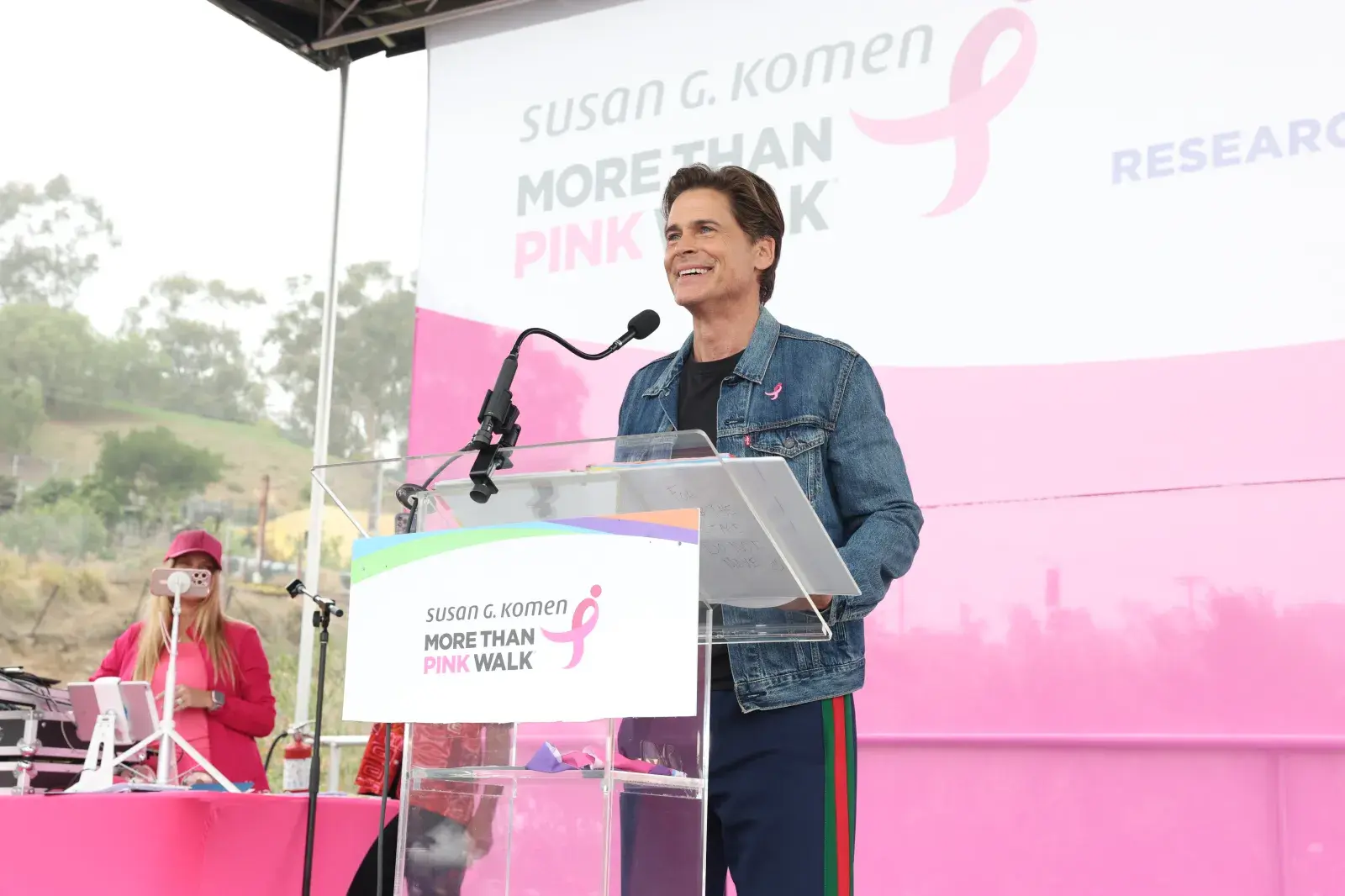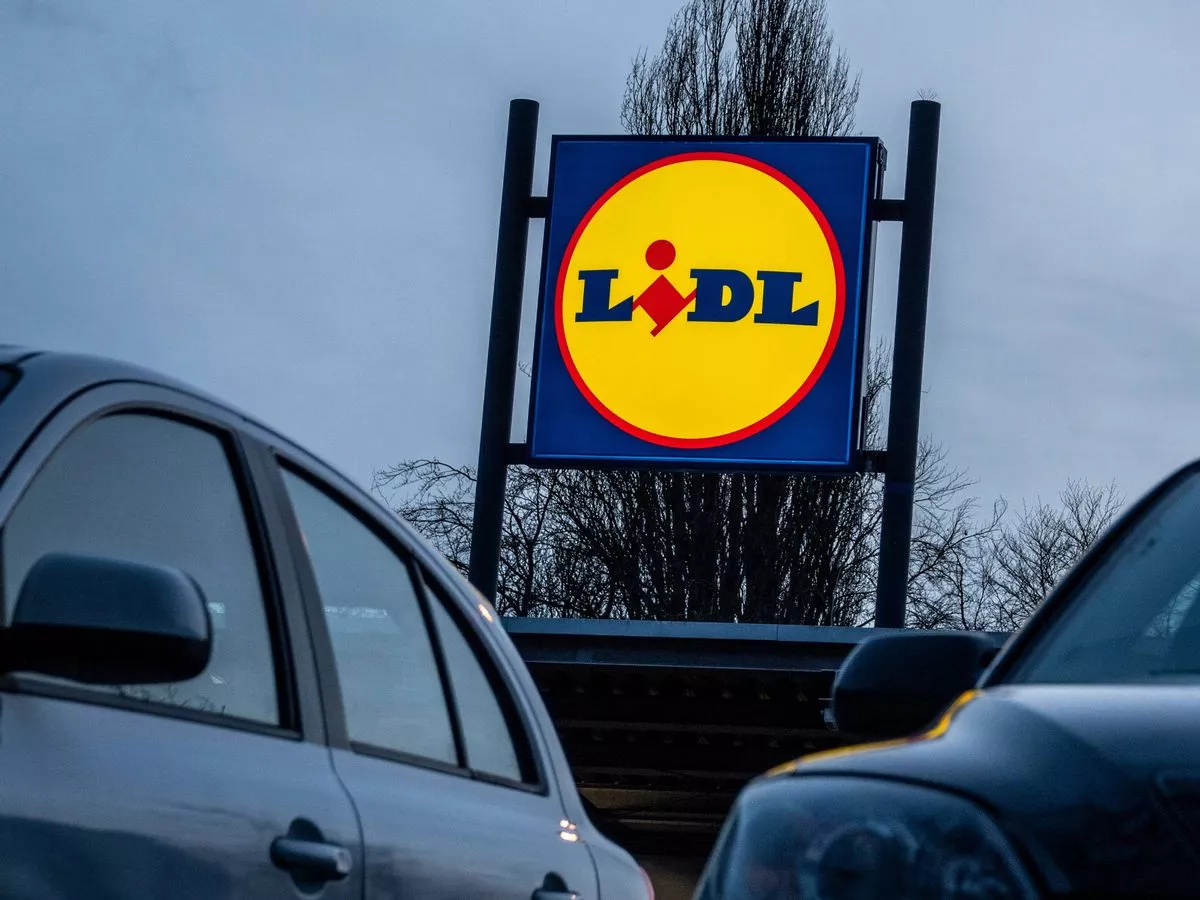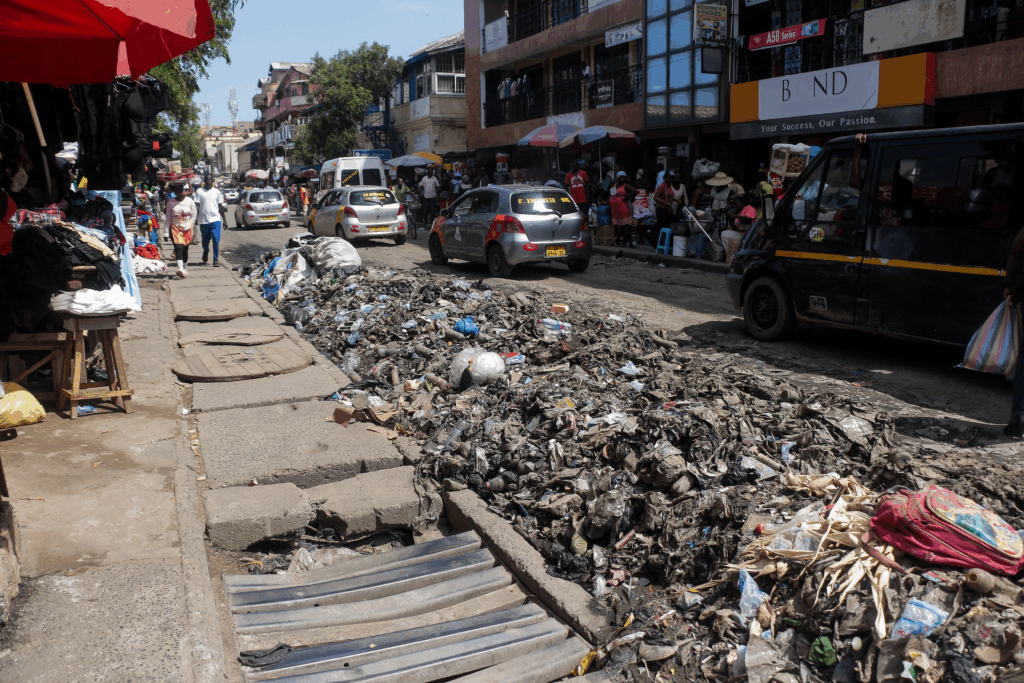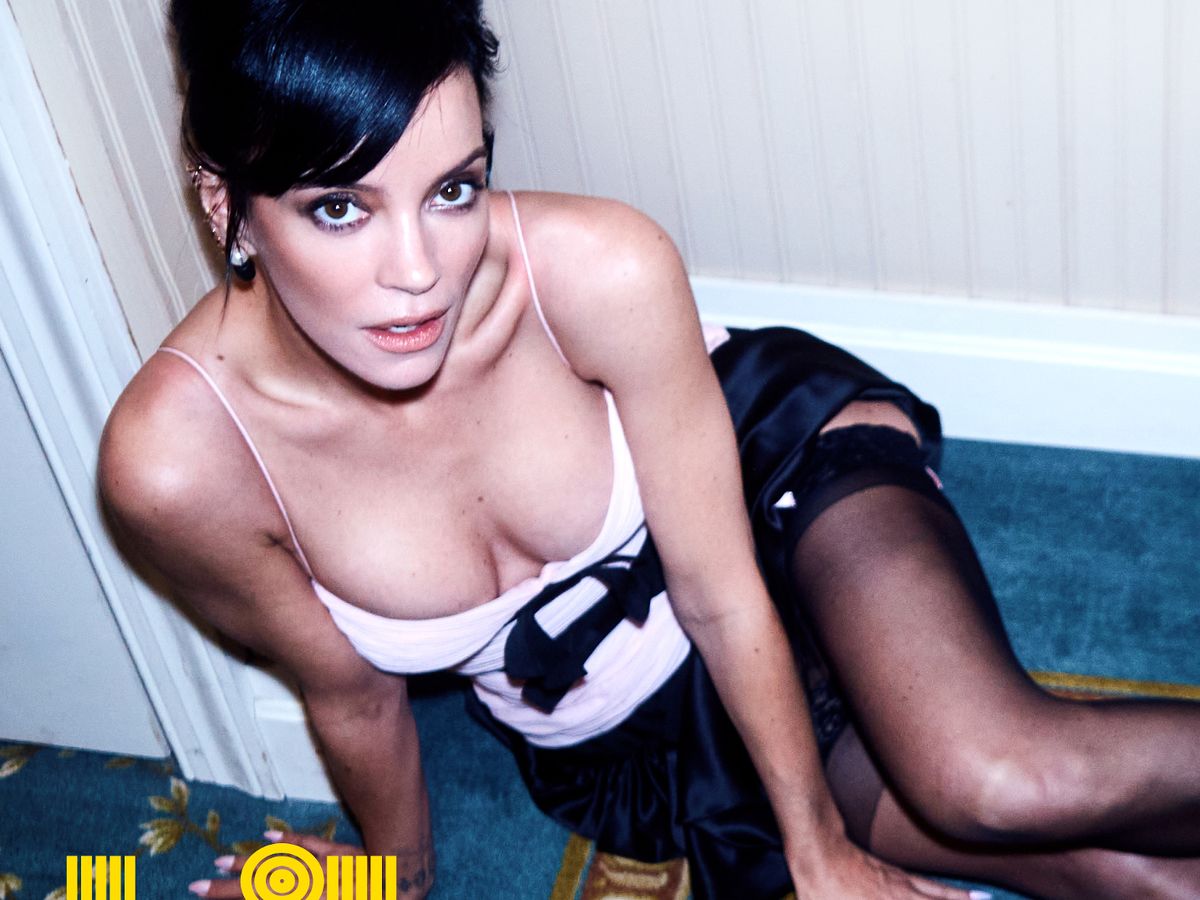Copyright newsweek

Only about 7 percent of U.S. cancer patients participate in clinical trials, which means that 93 percent miss out on the opportunity to test revolutionary treatments. Advocates, hospitals and pharmaceutical companies have been working to get those numbers up, and an unexpected ally recently joined their ranks: actor, filmmaker and entertainment host Rob Lowe. The Hollywood star—known for his roles in The Outsiders, Wayne’s World, The West Wing and Parks and Recreation—has partnered with the pharmaceutical giant Eli Lilly to raise awareness for clinical trials and encourage eligible patients to enroll. Lowe has a personal connection to the issue, he told Newsweek. His father is a two-time survivor of non-Hodgkin’s lymphoma, and his grandmother and mother both had breast cancer. “My grandmother was the first person I ever knew who got diagnosed with cancer, and she was one of my favorite people ever,” Lowe said. “We were extraordinarily close, and I remember that when she participated in clinical trials, which she did twice, the level of care and the difference it made in her journey was unbelievable. It changed the trajectory of her treatment.” A young Rob Lowe (second from left) with family members, including his grandmother (far right). (Rob Lowe) That’s why Lowe and Eli Lilly launched a public-facing program to motivate patients to ask their doctors about clinical trials. It won’t be an easy task. “There’s a lot of misconception out there,” Lowe told Newsweek. One reason people may be “reticent” about clinical trials is a misunderstanding of their eligibility, Lowe said. Some people think that trials are a “last-ditch effort,” only available for the sickest patients in the end stages of disease. But, “that’s not true at all,” Lowe said. “There are many, many clinical trials available for people in the very, very, very, very initial early stages [of cancer].” Others may be hesitant to enroll because they’re afraid of being sorted into the placebo group and not receiving the innovative therapy. At the Komen More Than Pink Walk in Los Angeles on October 26, Rob Lowe encouraged patients to ask their doctors about clinical trials. (Todd Williamson, Invision for Lilly) However, Lowe wants people to know that patients aren’t neglected when they’re given a placebo treatment. “You get the care you were going to get anyway,” he said, “but you additionally get a whole new team who are looking at you and spending their time with you. “The resources that come to bear [that you] wouldn’t have if you weren’t in a clinical trial are extraordinary.” Lowe’s statements are supported by research. A recent study published in the International Journal of Environmental Research and Public Health found no harmful effects of participation in randomized clinical trials, and recommended participation for the vast majority of patients. Plus, a study published in JAMA Internal Medicine revealed that patients treated at hospitals that do participate in clinical trials receive better care and have lower mortality rates than patients treated at non-participating hospitals. Rob Lowe discussed the benefits of clinical trial participation on the mainstage at the HLTH conference in Las Vegas. (HLTH Inc.) Lowe has been traveling around the country to speak on these benefits, visiting the HLTH conference in Las Vegas earlier this month, and the Komen More Than Pink Walk in Los Angeles on October 26. He’s not the only celebrity to associate himself with advocacy efforts. In the past few months alone, actors James Van Der Beek (Dawson’s Creek), Anthony Anderson (Black-ish) and Eric Dane (Grey’s Anatomy) have used their platforms to raise awareness after receiving personal diagnoses of colorectal cancer, type 2 diabetes and amyotrophic lateral sclerosis (ALS), respectively. They aren’t doctors or scientists, but their messages may be able to reach a larger audience, Lowe said. He learned the importance of speaking up while serving as the primary caregiver for his mother during her battle with breast cancer. Rob Lowe with his mother, Barbara. (Rob Lowe) “You’re only as good as your ability to advocate for yourself, and it is super important for people to take control, and ask questions, and be involved in their health,” he told Newsweek. “I think that when folks are empowered by other people’s stories, it gives them the sort of ‘aha’ moments, just say, ‘Oh, that sounds like a good idea. I’m going to incorporate that into my questions, my follow-ups, my research.’” And while Lowe hopes that his efforts change the trajectory for current cancer patients, he also advocates in memory of those that he lost. “It’s a great way to give back for me, but also a great way to honor my grandma, my mom,” he said. “I feel like somewhere, th...



